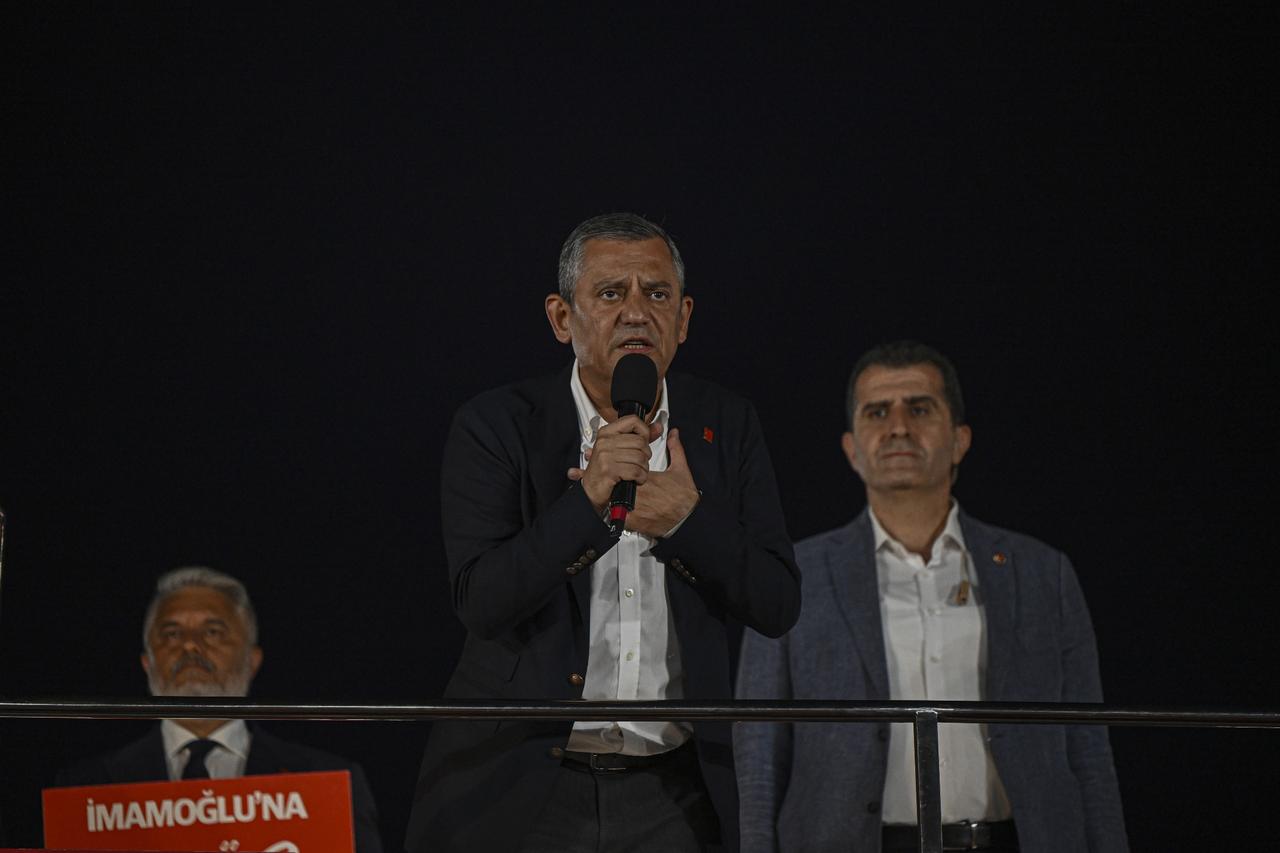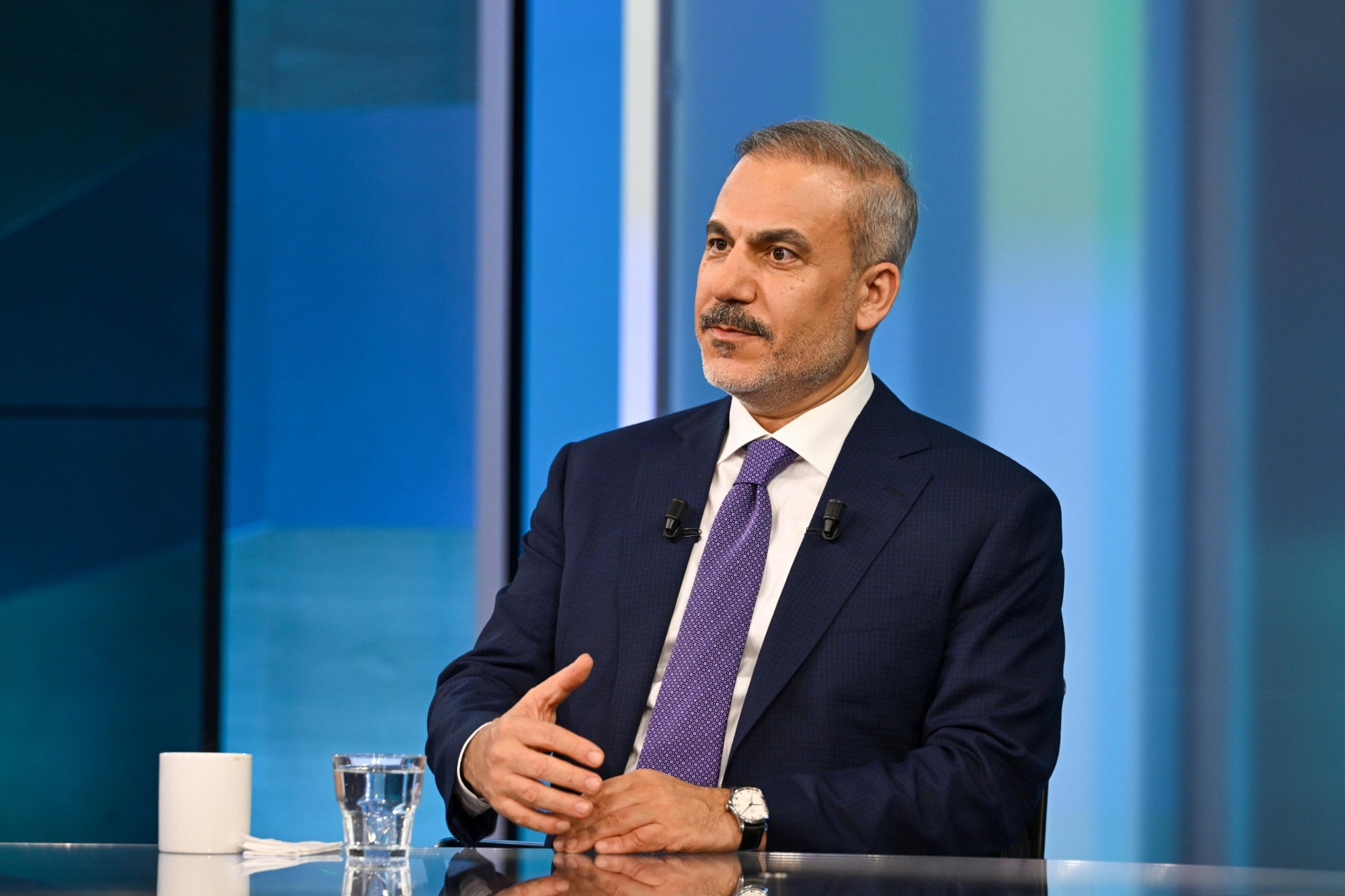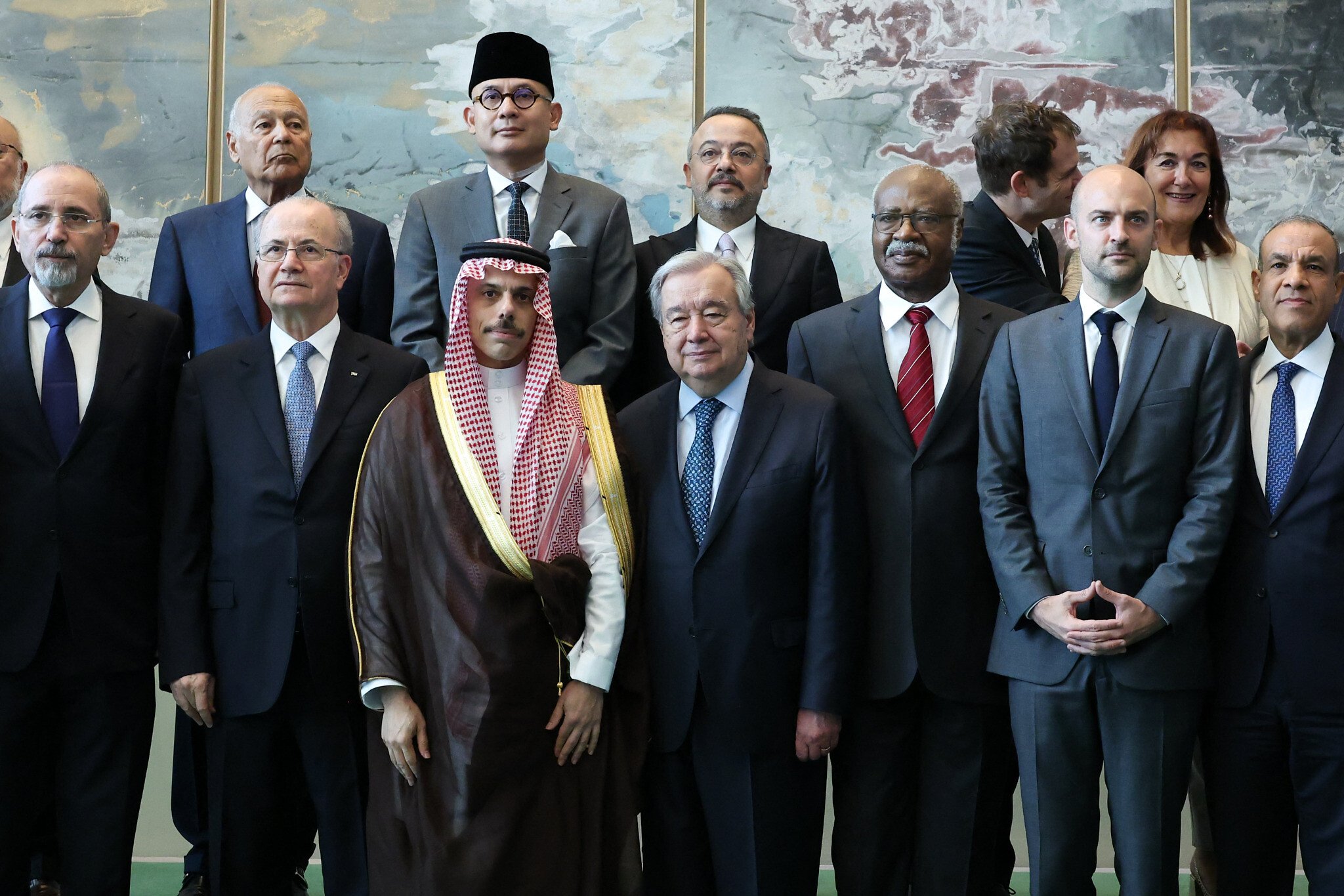
On July 30, Türkiye, along with the European countries and Saudi Arabia, signed the “New York Declaration” following a United Nations meeting on a two-state solution for Israel and Palestine.
The declaration involved a call for the disarmament of Hamas and the transfer of authority in Gaza to the Palestinian Authority, which the Turkish government put its signature on despite years of public support for the group and permitting some of its leaders to move freely in and out of the country.
Taking the opportunity, Türkiye’s main opposition, the Republican People’s Party (CHP), is stepping up its foreign policy engagement in a way not seen in recent years. Under Ozgur Ozel, who took over the party leadership in late 2023, the CHP is no longer avoiding foreign policy, which has long been a stronghold of President Recep Tayyip Erdogan’s ruling coalition, but is now using it to draw sharper contrasts.
For much of the past decade, the opposition struggled to gain credibility on foreign affairs. Former party leader Kemal Kilicdaroglu’s statements, such as the one questioning Turkish involvement in Libya or Syria, often backfired, reinforcing public perceptions that the government held greater legitimacy on international matters.
The ruling Justice and Development Party (AK Party) has capitalized on this space, combining diplomatic activism with growing defense exports and high-level summits to shape an image of global relevance.
Ozel, however, is signaling a pivot. His party, CHP, appears determined to engage directly with foreign policy issues and has seized on recent events to challenge the government’s handling of Israel and Gaza.
The latest flashpoint is Ankara’s decision not to sign a six-point sanctions plan against Israel endorsed at a meeting of the Hague Group in Bogota on July 15–16. The group, formed in the wake of South Africa’s genocide case against Israel at the International Court of Justice, brought together over 30 countries to coordinate responses to Israel’s actions in Gaza.
While Türkiye attended the meeting, it did not join the dozen countries, including Bolivia, Colombia, Malaysia, and South Africa, that signed the action plan.
The proposed document outlined a series of sweeping measures aimed at pressuring Israel diplomatically and economically. These included a full embargo on arms, ammunition, and dual-use goods; bans on port access and services to vessels transporting military cargo to Israel; a review of all government agreements with Israel, with the possibility of termination; and legal reforms allowing signatory states to prosecute crimes committed in the occupied Palestinian territories within their own judicial systems.
The decision drew criticism from across Türkiye’s political spectrum. The CHP, the new opposition party New Welfare Party (YRP), and conservative figures like columnist Abdurrahman Dilipak accused the government of rhetorical solidarity with Palestine while avoiding action that could carry diplomatic costs.

Facing mounting criticism, Türkiye’s Foreign Ministry issued two statements on July 19 and 20. It rejected claims that Türkiye had refused to support the Hague Group’s statement and emphasized that countries have until Sept. 20 to formally sign the joint communique.
The ministry also asserted that most of the measures included in the Bogota plan are already being implemented by Türkiye, from halting defense sales to Israel to supporting U.N. initiatives that call for an arms embargo. Ankara noted that it had spearheaded an effort backed by 52 countries at the United Nations to block arms transfers to Israel.
In both statements, the ministry said attempts to portray Türkiye’s position as inconsistent or politically motivated were aimed at distorting its longstanding support for the Palestinian cause.
CHP strategists argue the government’s hesitation is politically motivated, particularly in relation to U.S. President Donald Trump. Ilhan Uzgel, the party’s foreign policy coordinator, said President Erdogan is trying to keep channels open with Trump and avoid any confrontation that could damage prospects of a visit to Washington.
“If he supports strong measures against Israel, it could provoke Trump’s backlash. He needs Trump’s support on the international stage,” Uzgel remarked.
This framing is central to CHP’s evolving strategy: portraying the government’s foreign policy as constrained by external loyalties, rather than by clear principles or long-term strategy.
The opposition also continues to raise questions about Türkiye’s actual enforcement of trade restrictions with Israel despite the repetitive reassurances from the government side. CHP figures have pointed to export data and open-source reporting suggesting that oil continues to reach Israel via the Baku-Tbilisi-Ceyhan pipeline, and that some forms of steel exports may still be reaching Israel through third countries.
The government denies these claims. But for the CHP, the inconsistencies between official statements and economic data offer a potent argument, suggesting that Ankara is practicing selective enforcement and prioritizing geopolitical flexibility over declared principles.

Ozgur Ozel’s growing focus on foreign affairs signals a strategic shift. Rather than treating diplomacy as a secondary arena, CHP now sees it as a battleground for challenging government narratives of competence and moral authority. This move seeks to exploit a rare moment when foreign policy, particularly on Gaza and Palestine, is resonating more deeply with Turkish voters.
While foreign affairs rarely comes up in CHP’s fields of objections, Ozel’s CHP is betting that the government's once-unassailable hold on foreign policy is not as firm as it once seemed, and that the credibility gap it long faced can now be reversed.
The decision to sign the declaration already triggered immediate backlash from conservative segments of Turkish civil society. Among the first to voice strong opposition was the Anatolian Youth Association (AGD), one of Türkiye’s largest conservative organizations, which accused the government of compromising on core principles related to Palestinian resistance.
Following the Hague Group’s meeting in Bogota, Ozgur Ozel has continued to sharply criticize Foreign Minister Hakan Fidan. With the New York Declaration now signed, he appears to hold a strong position, though major conservative groups like the AGD accuse the government of abandoning its core principles on Palestine.
While any shift won’t happen overnight, it could subtly but meaningfully influence certain voter segments in domestic politics. The Foreign Ministry and government might claim that they are managing the process with realistic, on-the-ground solutions as they did in the past, but whether they can convince public opinion remains to be seen in the days to come.